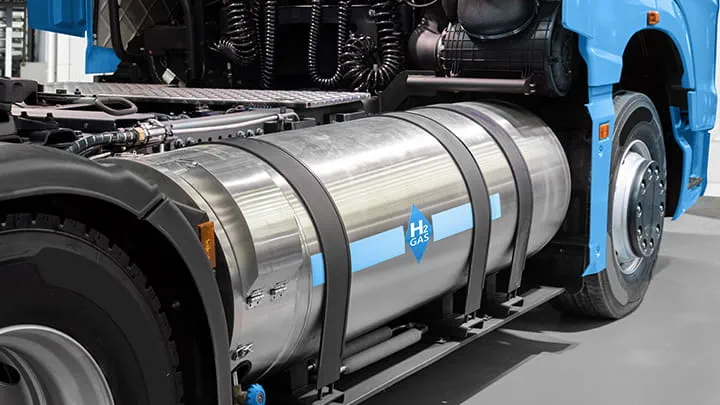Solutions in action
Although growing in popularity, renewable energy technologies are still facing challenges – some are inherent with all new technologies, others are the result of rules and regulations. To achieve true sustainability and profitability it is necessary to find partners with the ability to conceptualize fresh innovations and take them all the way from the drawing board to a commercialized solution. With Trelleborg’s experience and engineering skills, you will get solutions that will optimize efficiency and sustainability in wind, solar, water and wave energy production.
Explore our solutions for energy & renewables



